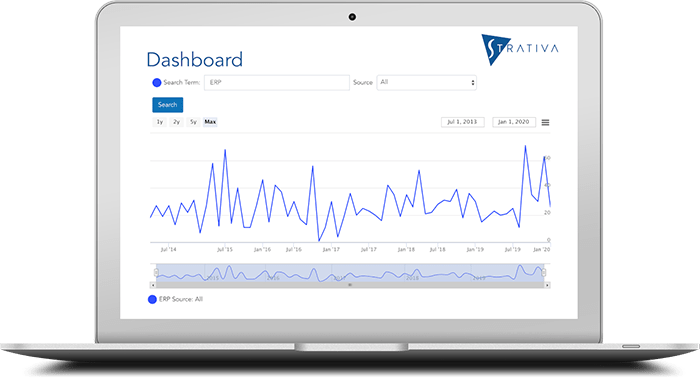
Strategic planning is a management process for evaluating your current business, determining your strategic direction, and laying out a roadmap of strategic initiatives. A strategic plan explains why an organization exists, what it intends to accomplish, and the tactics it will take to achieve its goals and objectives.
Our Approach to Strategy Consulting
Our approach is collaborative, forming a team with key leaders within the client’s organization, and developing the business strategy in five main phases.
- Baseline Assessment: Together, we reaffirm the organization’s mission, vision, and values, establishing a strategic context. Our strategy consultants also evaluate the current situation in terms of internal factors (financial, operational, products, customers, and supply chain), external factors (market, industry, competition), opportunities, and threats.
- Formulation: Using a variety of facilitation tools, our management consultants collaborate with the team to formulate the strategic vision, value proposition, competitive differentiation, and strategic alternatives (e.g. develop a capability vs. make an acquisition). This phase includes development of the high level “strategic story,” a strategic narrative that is powerful, compelling, and easy to remember.
- Specification: Our strategy consultants now develop the strategy in more detail in terms of objectives, a three to five year road map, and key metrics.
- Planning: Now the strategy must be fleshed out in terms of strategic growth initiatives along with detailed plans for each functional area. In this phase, we also build the business case and along with budgetary requests (operational and capital).
- Execution: Carrying out the strategic plan includes assigning responsibility for each initiative, program/project management, and organizational change management. Our execution services are described in more detail on our website.
Many business strategy projects are long on planning but short on action. Our management consulting methodology remedies this in the assessment phase by identifying the three to five most critical issues (the “critical few”) and expediting them directly into execution. This allows quick development of executable action plans in parallel with the rest of the business planning process to develop the growth initiatives. This approach delivers faster results and surfaces any potential issues that the organization has in execution.
Free Resources
- A case study from one of our management consulting engagements, where the client achieved outstanding financial results: Download the Business Strategy Case Study
- A free research report, as an example of our thinking in business strategy: Download the report: VAR to Solution Provider–Strategies for Business Transformation
- Blog post: What Is Digital Transformation, and How Do We Get There?

